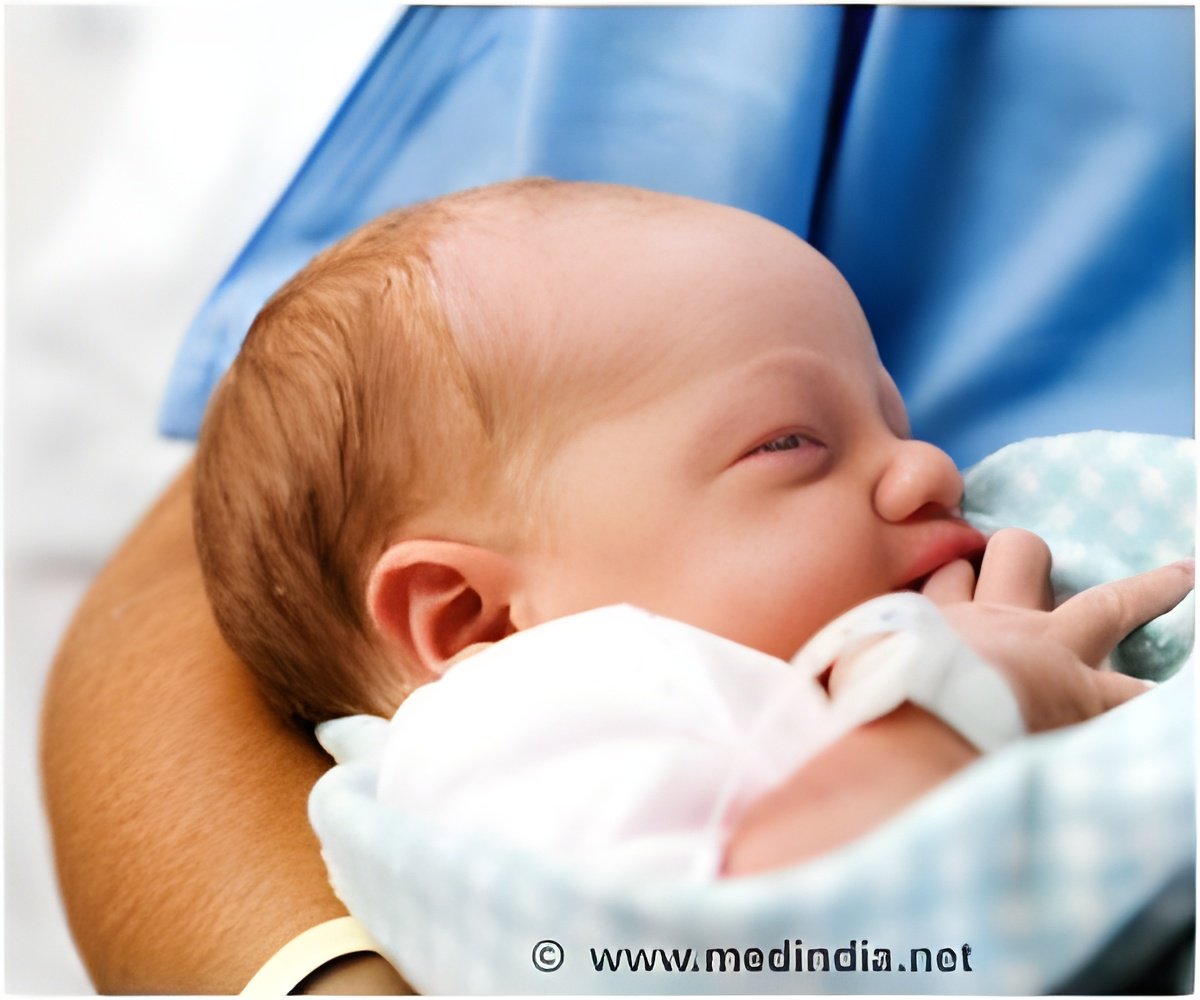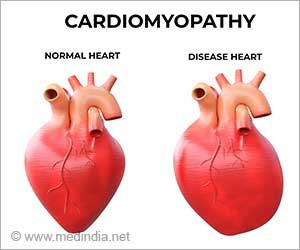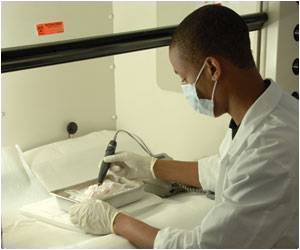Is there a new way to manage Severe Combined Immunodeficiency (SCID) in infants? Yes, gene therapy is a discovery for the affected babies.

‘Gene correction use in Artemis-SCID is significant because these patients usually respond more poorly to standard bone marrow transplants.’





Infant Gene Therapy is a Breakthrough for Artemis-SCID Patients
The new gene therapy allows researchers to treat newly diagnosed babies with their cells – adding a healthy copy of the Artemis gene to the baby’s harvested marrow stem cells, then infusing the corrected stem cells back into their bodies – in hopes of avoiding many of the short- and long-term complications of the standard treatment, including death.The children in the trial – all under the age of 5 – are living at home with their families, attending daycare and preschool, playing outside, and living normal lives. Already, the course of their illness is so much better than with the typical treatment. But researchers were looking for other treatments.
Gene correction has been used before in patients with other genetic forms of SCID, but its use in Artemis-SCID is significant because these patients usually respond more poorly to standard bone marrow transplants.
Complications can include rejecting the marrow graft, graft vs.host disease – in which the donor T cells attack the recipient’s tissues – chronic infections leading to organ damage, stunted growth, and premature death.
Signs of Stronger Immunity in Children Having Artemis-SCID
The first outcome of Phase I/II trial involved the safe transfusion of gene-corrected cells that would differentiate into white blood cells by 42 days after infusion.Advertisement
All 10 patients were safely transfused with their gene-corrected stem cells which gave rise to corrected peripheral blood cells within 42 days. All 10 were growing their T cells and B cells by 12 weeks, and four of nine (excluding a patient who received a second treatment) achieved full T-cell immune reconstitution by 12 months.
Advertisement
All of the results are better than those previously seen with Artemis-SCID patients who received donor bone marrow transplants.
Researchers are pioneering gene therapy in this very rare disease right now, but we are using techniques that can be exported to other situations and can help many other conditions worldwide. Every innovation happens one patient at a time.
Source-Eurekalert













